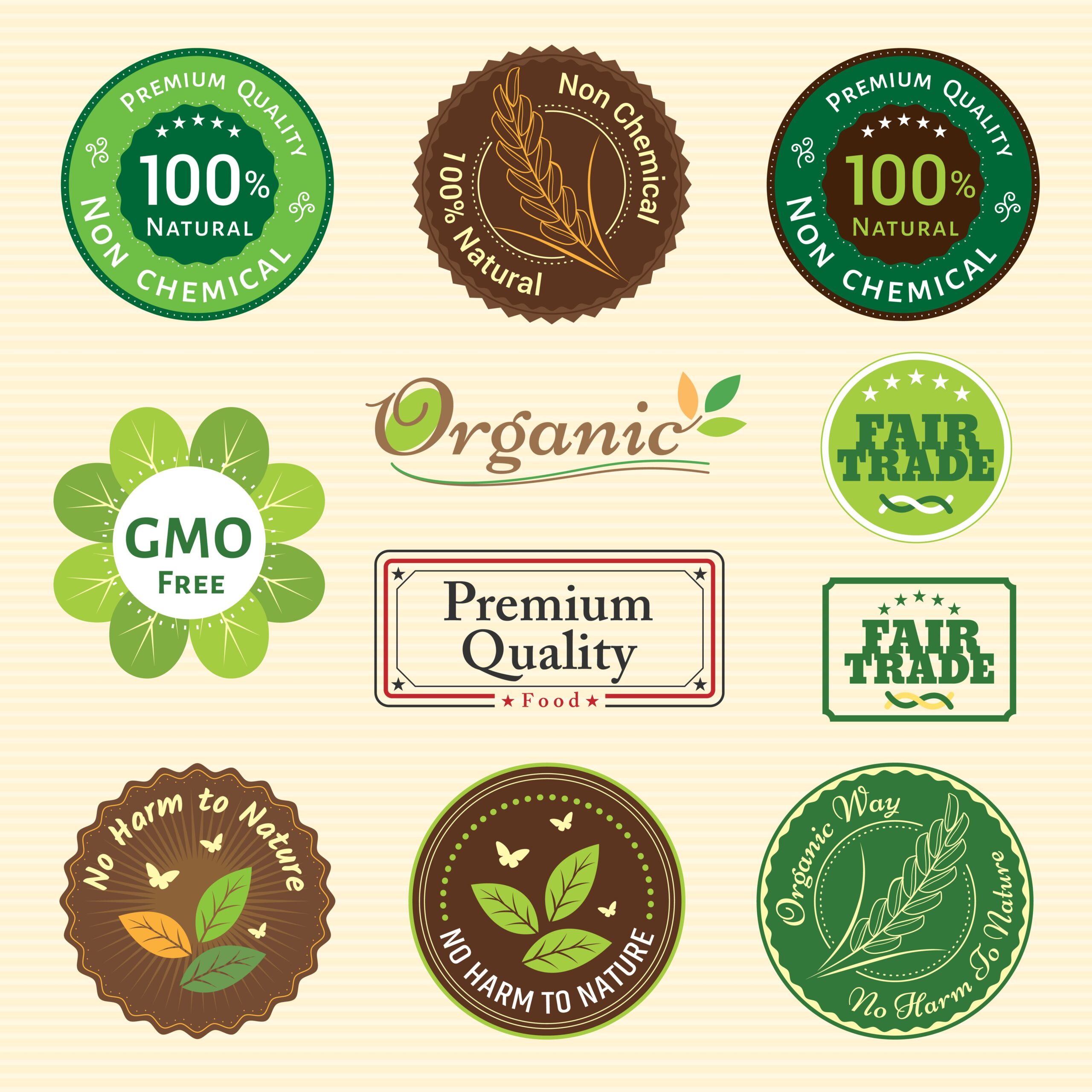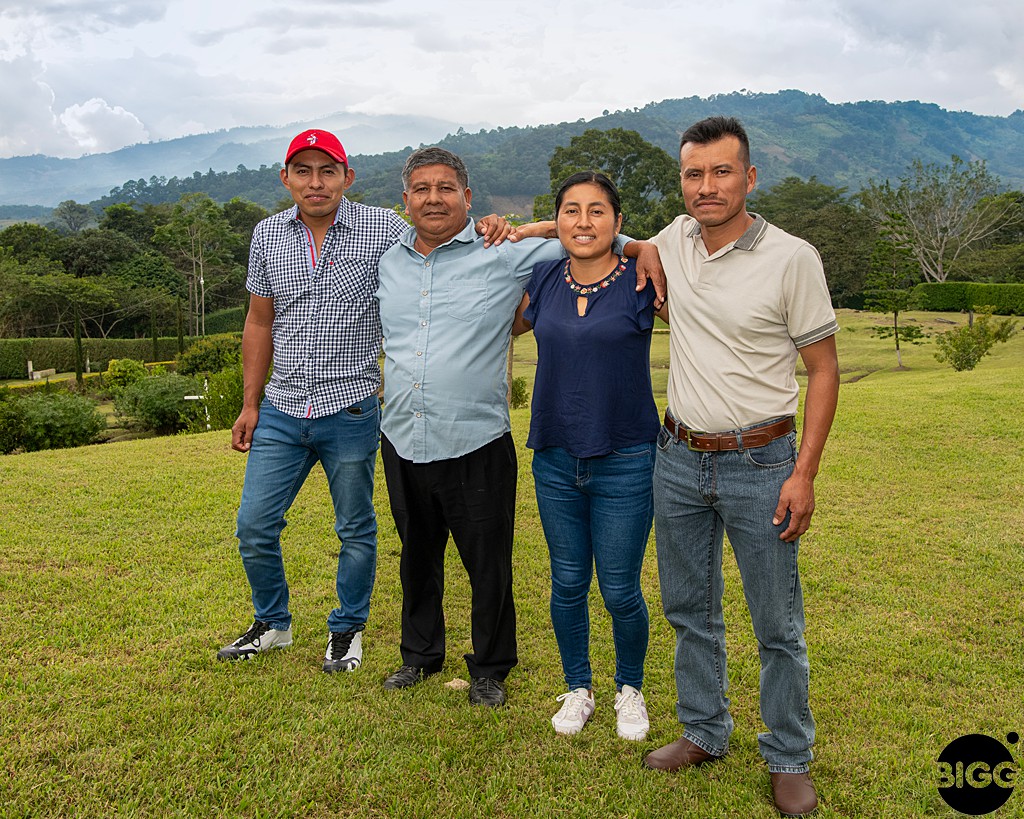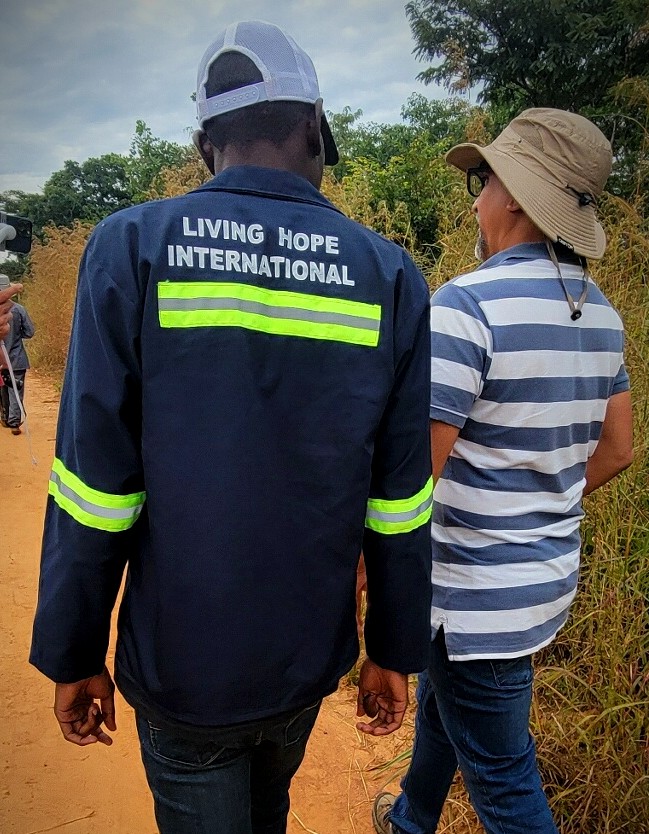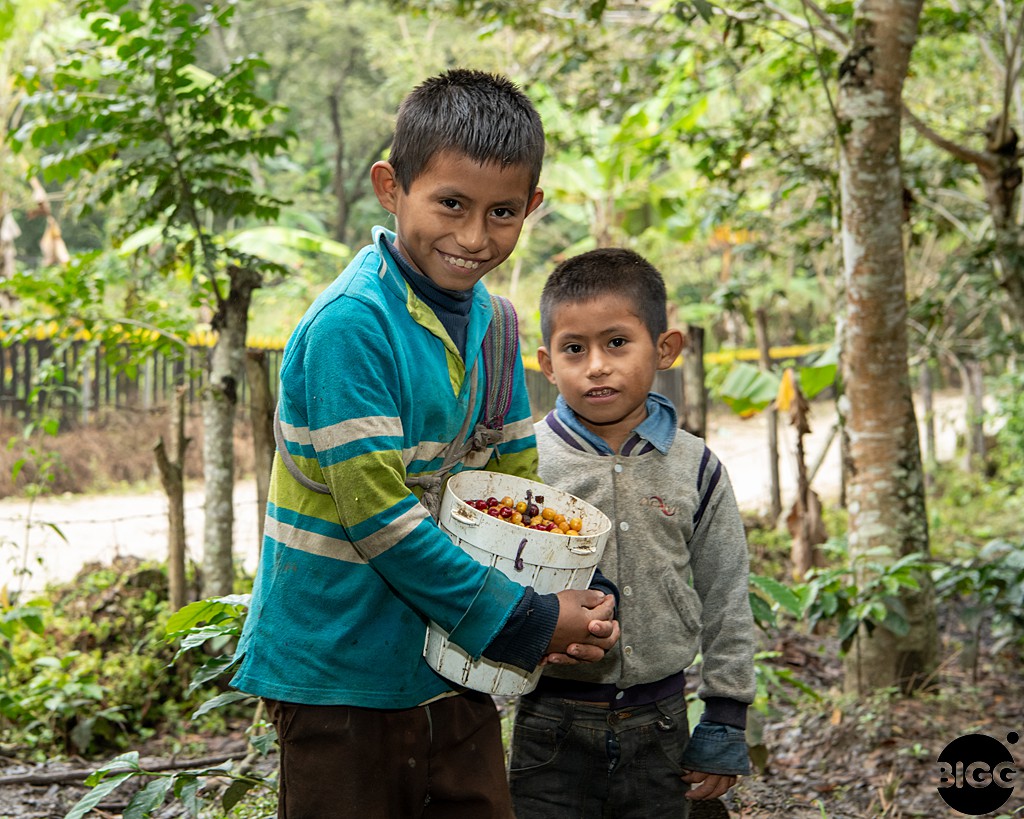By Bob & Michelle Fish
Bob’s Take
Who do you trust to help you make conscious buying decisions?
In the world of coffee, we often see labels like USDA Organic, Fair Trade, Rainforest Alliance or UTZ on bags of coffee at the grocery store that are meant to give us an assurance that the companies producing the products we are buying are treating people and the planet right.
This labeling is a certificate of sorts that is meant to imply that you do not need to dig any deeper, that somebody on your behalf has verified that in fact the product is free of pesticides and herbicides, and you can feel comfortable that a grower has been paid a fair and sustainable price to produce their product. You have been diligent and intentionally checked those boxes, probably even knowingly paid a little more to do right the right thing.
End of story. Or is it?
Too Good to Be True?
Somehow all these certifications have just felt a little too tidy. Perhaps it is just not that straight forward. We do have to express a bias and that we believe there are flaws in this version of label marketing to the consumer but in spite of that we still buy and serve coffee with these certifications.
One BIGG Island in Space takes it a step further by always going ‘boots on the ground’ to verify that what is being purported is, in fact, true. We call this Farm-Direct, where we develop long term and meaningful relationships directly with growers.
Checking the Boxes
Developing those relationships with the producer has given us insight into how difficult it really is to check those boxes as cleanly and easily as you might think. There are real economic and practical issues at hand that can put a drag on achieving these golden certificates. Getting there is a long journey that may in fact not have a hard and fast finish line. For that matter the finish line might be constantly moving farther away because we continue to learn and understand more deeply what it means to treat both the People and the Planet right.
And yet we have been to Coffee Farms where they lead the conversation by claiming to have the certifications, and they do, but when we go to the fields the story can quickly change.
This is one of those stories.
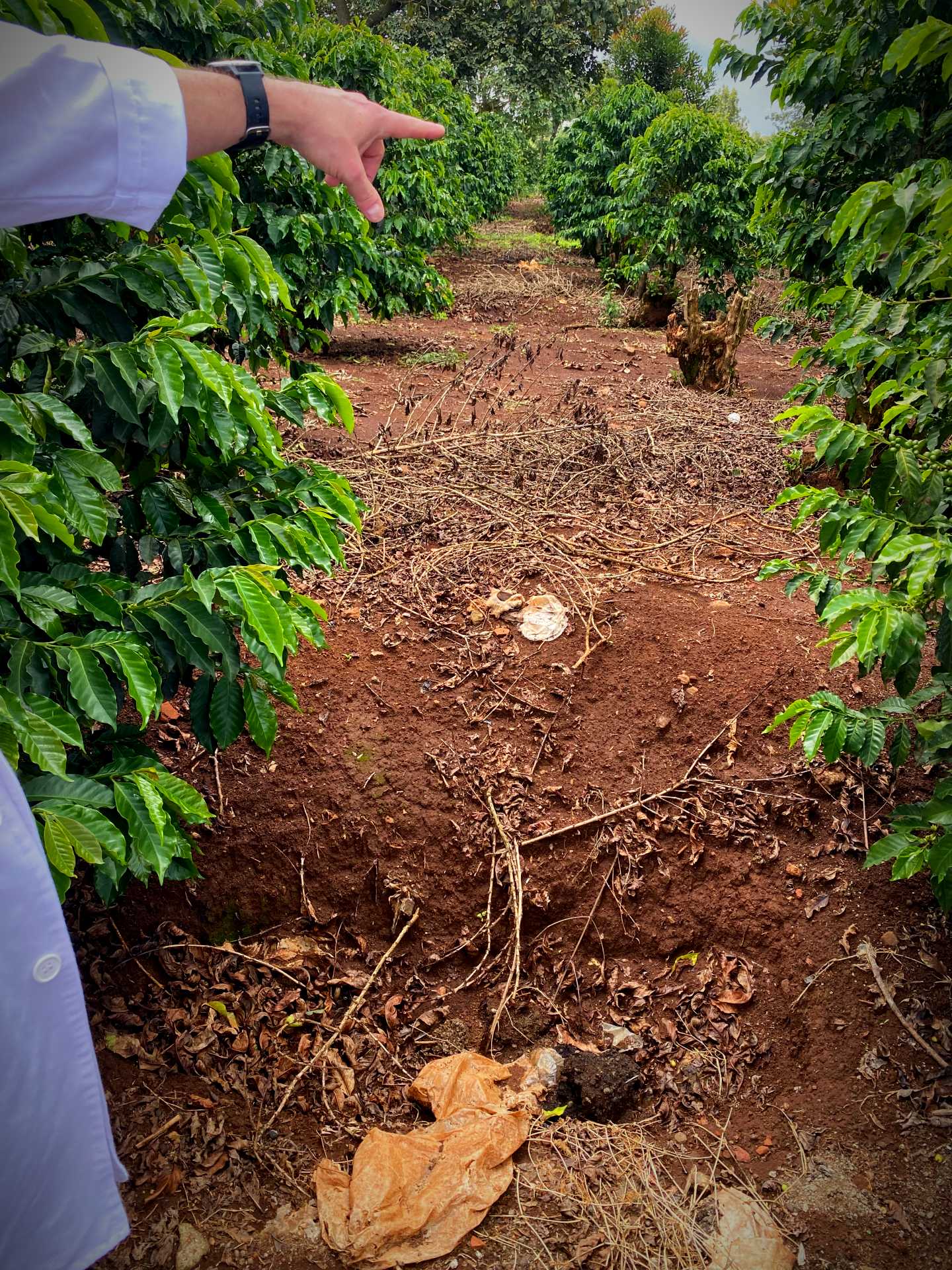
Michelle’s Take
With Your Own Eyes
One of the things I love most about our treks to origin is to walk the fields of the coffee farm. I am a Master Gardener, but you don’t have to be one to be able to see the consequences of sustainable – and non-sustainable – farming practices with your own eyes.
The first thing I look for is bugs. Which is to say a farm that is not using dangerous herbicides and pesticides will have a riot of small insects like crickets, gnats, hover flies, and butterflies dancing in and over the small vegetation between the rows.
And speaking of that vegetation, there should be some if they’re doing manual weeding.
If it’s mostly weed free, and you see no one with a machete for miles, and especially if there are no bugs… well then, there’s a question you need to ask.
Asking the Question
Which is exactly what I did on our recent visit to a coffee farm in Kenya. This farm has all of the certifications that would make the average consumer assume they are buying something that is ethically and sustainably produced.
Among the many certifications they have are some that you may recognize: Rainforest Alliance, C.A.F.E. Practices (Starbucks proprietary certification), Fairtrade, and Global G.A.P. (European grocery store certification assuring good agricultural practices.)
We were being given the tour by the Chairman of the Board (it’s a corporate farm) and the head agronomist. These were real gentlemen, with a deep love for the coffee business, and we liked them both very much. We had been having really interesting and stimulating conversations with them all morning.
Where are the Bugs?
And then they took us for a stroll through one of their coffee fields. And guess what? I noticed that there were no weeds… no weeds anywhere. No one hacking away with a machete anywhere, either. And no bugs.
So, I asked the agronomist if they used herbicides. All of a sudden, he couldn’t look me in the eyes. He said that labor costs were so high that it made better business sense to keep using chemicals.
Okay, I said. Then I asked him which ones they are using. And he told me that they are trying to move to more organic chemicals, but they are having trouble finding ones that work well.
Okay, I said. Then I asked him again which ones they are using. And he finally told me: Glysophate.
That is the chemical name for Roundup.
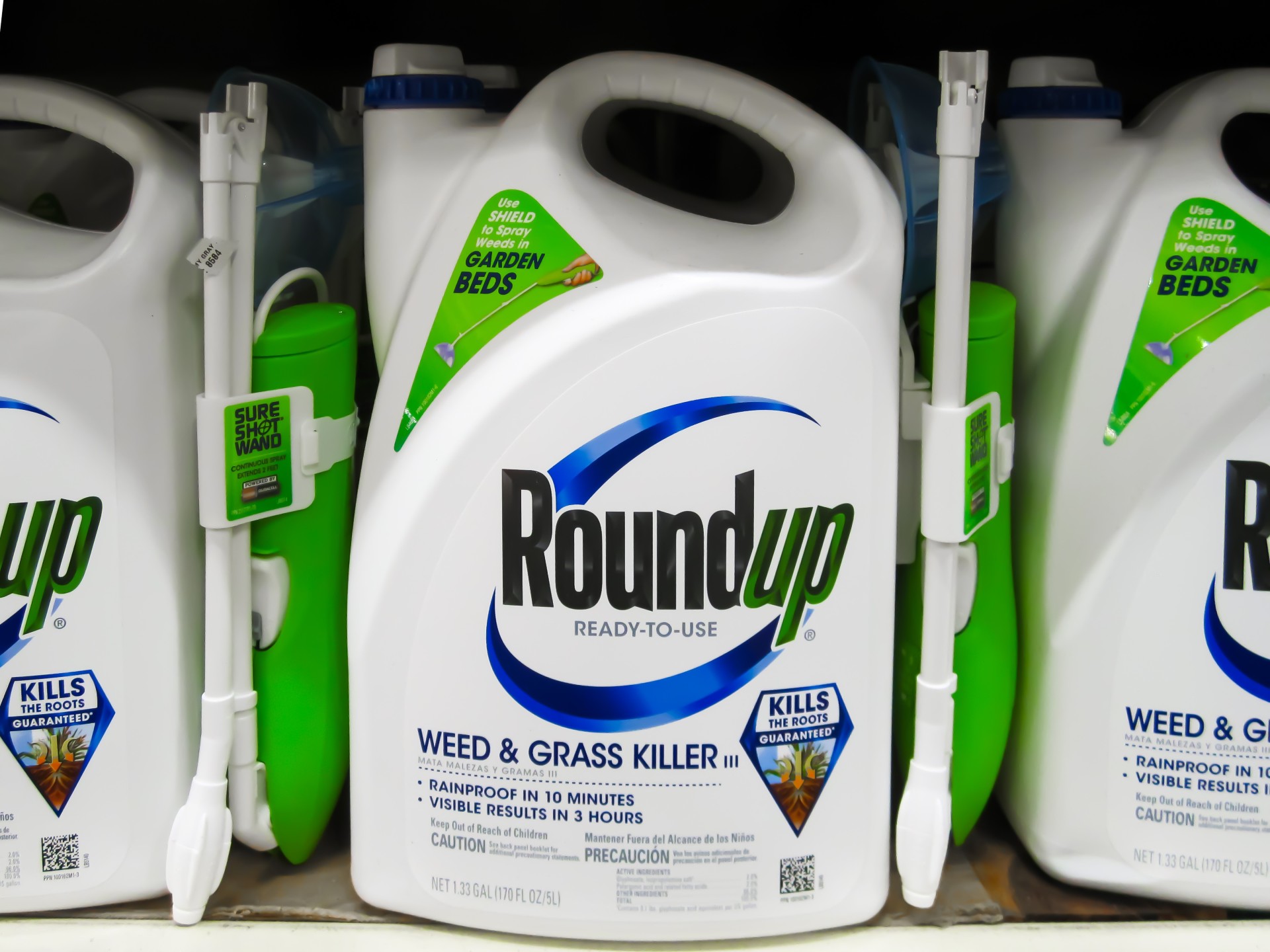
What that Means
There is a mountain of scientific data on the devastating effects Roundup has on people and the environment. First, science suggests that it is a human carcinogen. And there is mounting evidence that it is devastating to insect populations, including bees. It attacks their immune systems leaving them vulnerable to hive-killing diseases. It can leach into groundwater and exposure to it has been linked to birth defects in humans.
The use of Roundup is about as far away from sustainable agriculture and organic practices as nuclear wastewater is from drinkable.
How Can it Be?
But they are Rainforest Alliance, C.A.F.E Practices, and Global GAP Certified. So how can they use Roundup?
Simple: there is nothing in any of those certifications that says they can’t. Most ask the producer to reduce their use of harmful chemicals. But there is no outright prohibition. And as our friends at the Farm reminded us, labor costs are high and there is no alternative that works as well as or as quickly as Roundup.
Now, I bet when you stand in the aisles of your supermarket, and you see a bag of coffee that’s got all of those certifications listed on its label, you will assume that they don’t use Roundup. Maybe some of them don’t. But I can assure you, based on my own experience, that some do.
We want to be clear that this is not a story about coffee farming in Kenya. I am as sure that there are farmers doing the right thing in Kenya as I am sure that you can find examples like this in any country in the world.
The point is that labels don’t necessarily mean what you think they do. The only way to know for sure is to go there yourself, walk the fields, and ask the question. Which is why at One Bigg Island in Space, we are always boots on the ground.
And which is why, although we liked these gentlemen very much, and their farm checks many of the boxes that are important to us for people, the planet, and community, we can’t buy their coffee. They look like a perfect fit on paper. But we have to go there to know.
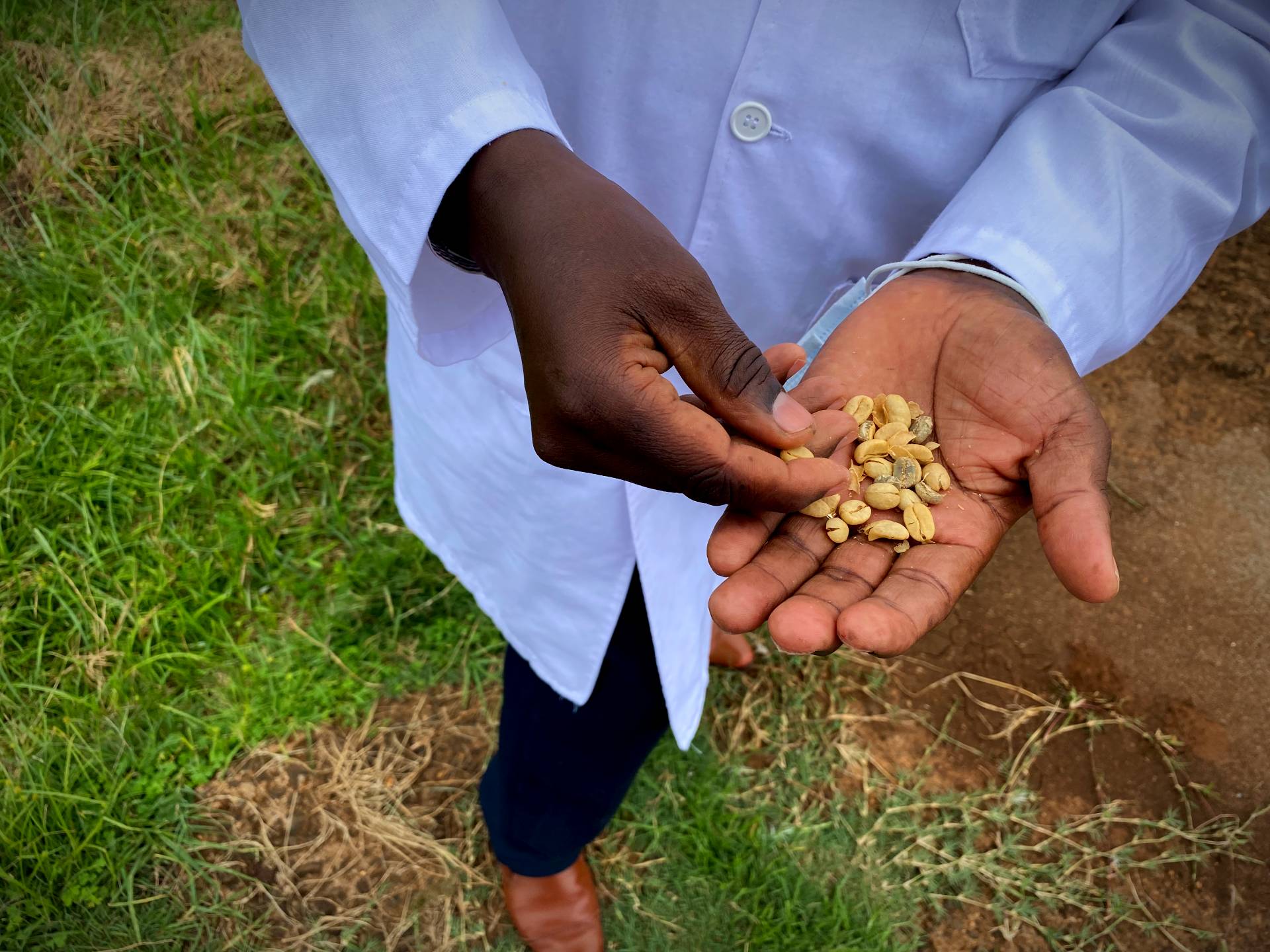
Bob’s Take
Conclusion
Economic, environmental, and human sustainability are important to you in your coffee purchases. Check.
You want to take that dopamine rush of love and care. Check.
OK then, you will have to do a little more than look for a label.
At One BIGG Island in Space, we believe that buying coffee from farmer producers that already believe strongly in the idea that they should be treating People right, the Planet right, and Investing in their communities is the right thing to do.
We also believe that you deserve to know the Name, the Face, and the Place of every coffee we serve. The ultimate in traceability. Rarely do you have that kind of granularity into the product you buy.
Last, we believe that you should be there, with us. Whether you are reading the stories that we bring back or want to accompany us on a farm visit, we would like you to feel the relationship, feel the journey, and know the truth.

